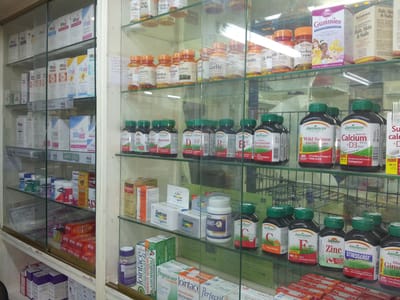Supplements

Supplements are substances that help our bodies function properly by increasing something we are deficient in because of diet, increased need, genetics, or other reasons. These may be obtained through the food we eat or isolated in capsule form.
Herbs, peptides, and other substances are plants or molecules that typically have multiple mechanisms of action that change gene expression or other functions.
Technically, vitamins, minerals, trace elements, amino acids, herbs, or homeopathic remedies are not classified as drugs. However, these substances can have significant effects on physiology and must be used appropriately.
Many conventional providers avoid using supplements. Some of the reasons are:
- Supplements are not tested or regulated in the same way as pharmaceuticals.
- Supplements are generally not as strong and need to be taken more often than prescribed medications.
- Supplements/herbs are often provided in combinations, increasing the possibility of undesired effects or overdosing.
- Different forms of supplements/herbs have different effects, so they are not interchangeable with respect to dosing.
- Conventional providers are not commonly educated regarding supplements and their uses.
I, like most functional medicine providers, recognize these cautions, but choose to include supplements because:
- Use of these substances can supply nutrition to support the physiological and biomechanical processes of the human body.
- Often the side effects are less with supplements than with prescription medication.
- Herbs often have multiple mechanisms of action, creating a broader scope of benefits than a single action drug
Please Note:
Supplements have side effects and can interact with drugs, too. It is important to keep all of your healthcare providers fully informed about all medications and nutritional supplements, herbs, or hormones you may be taking.


